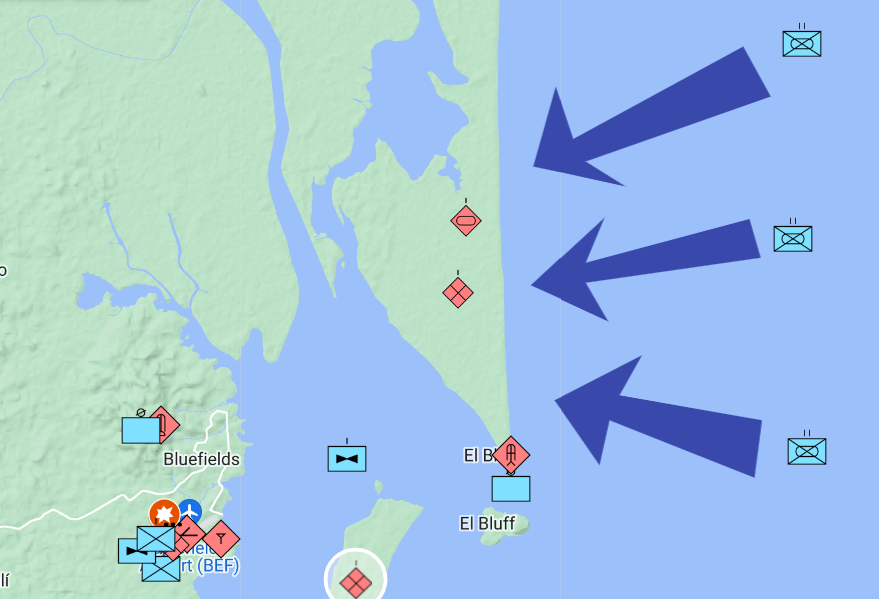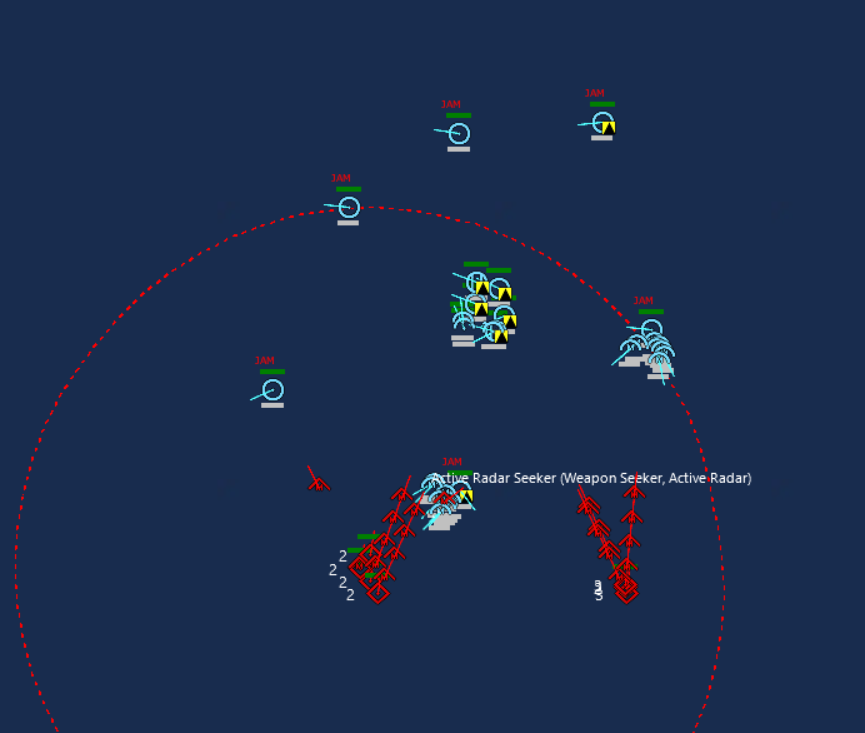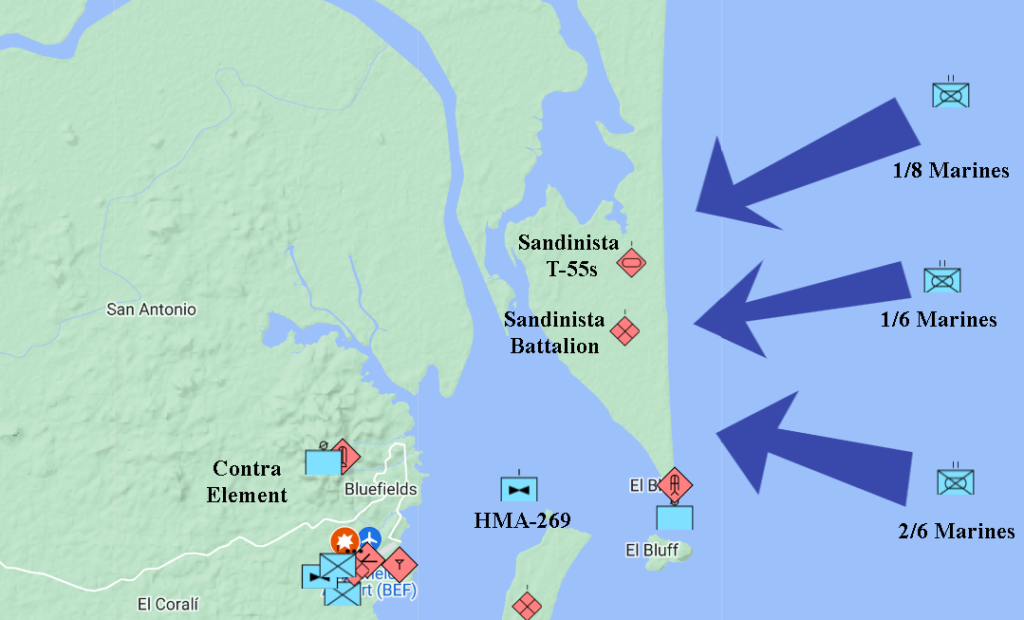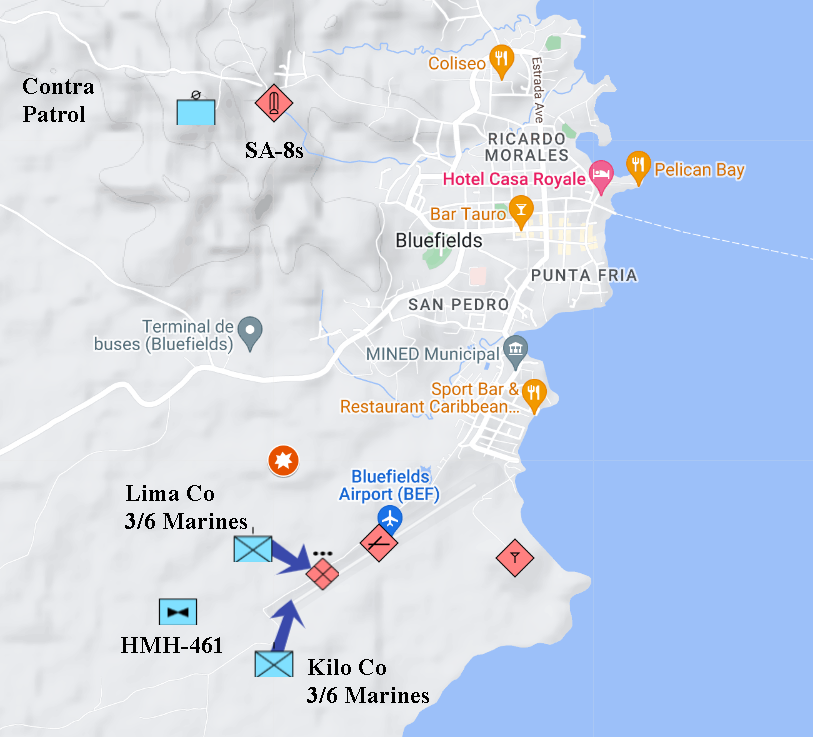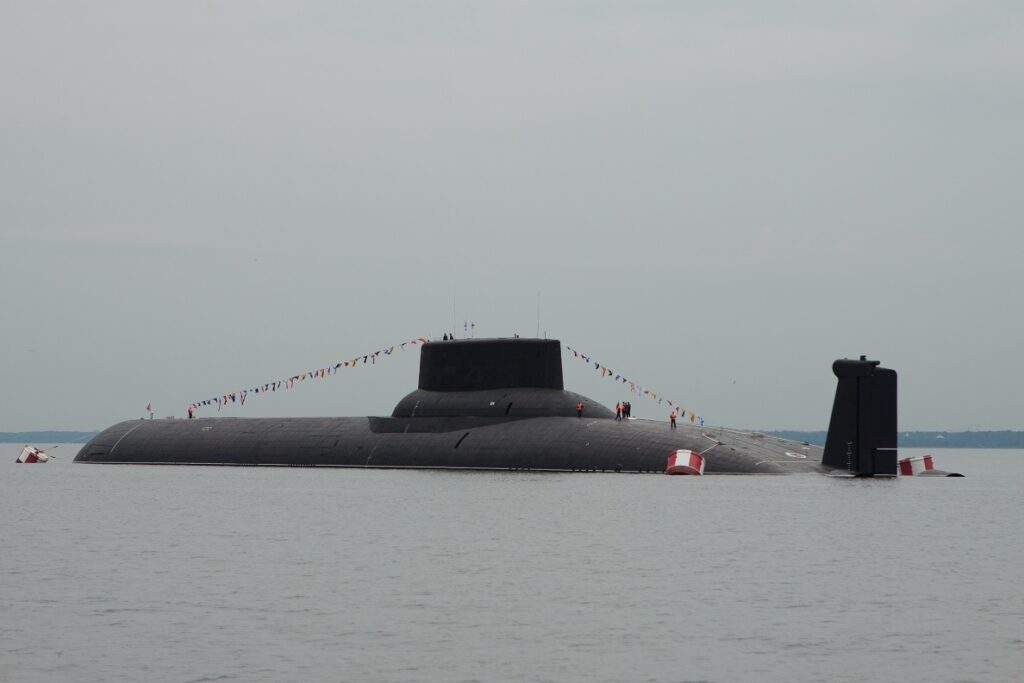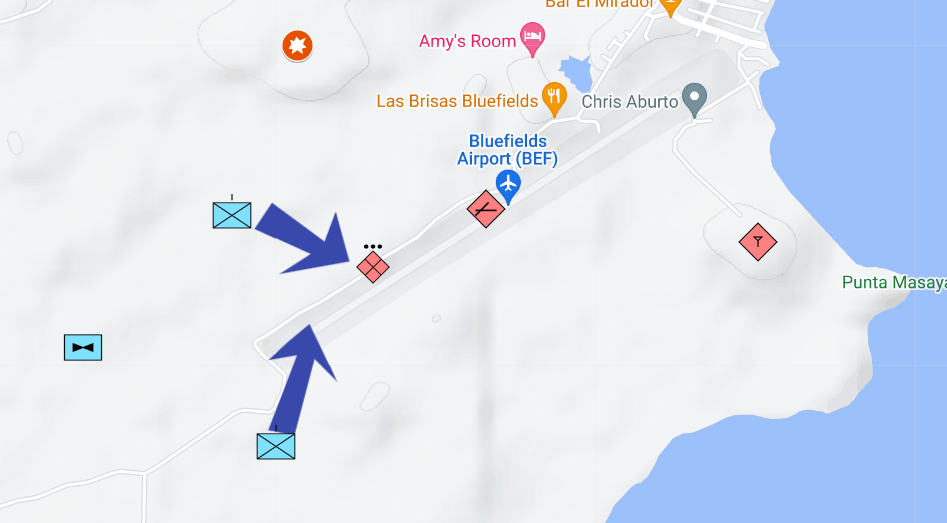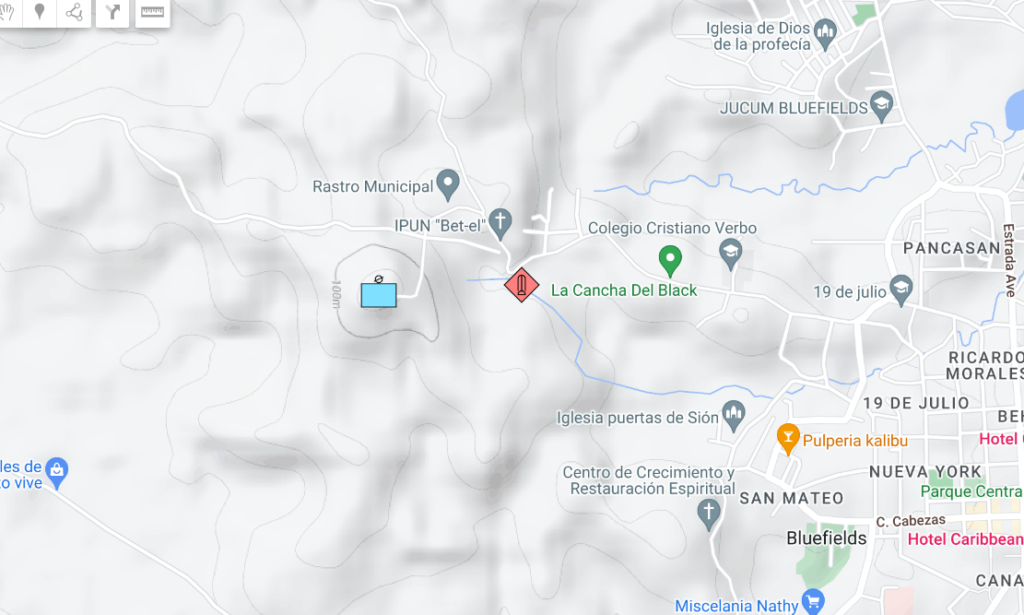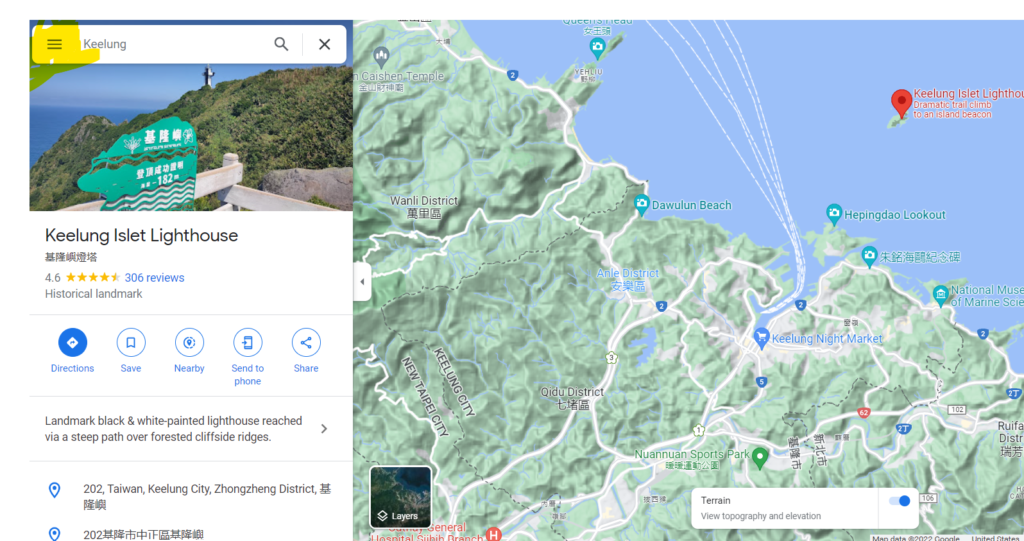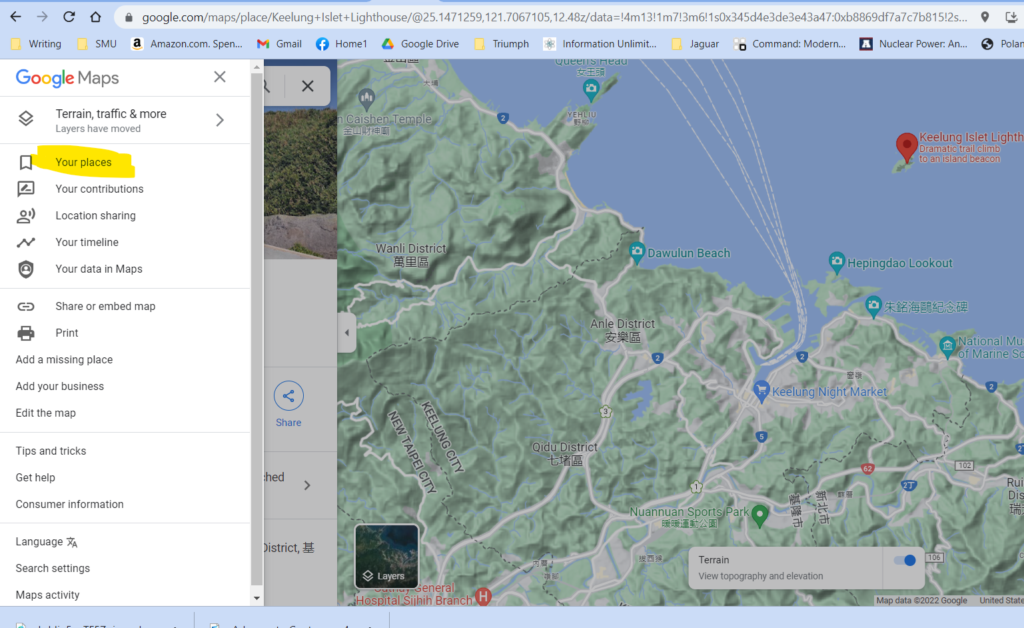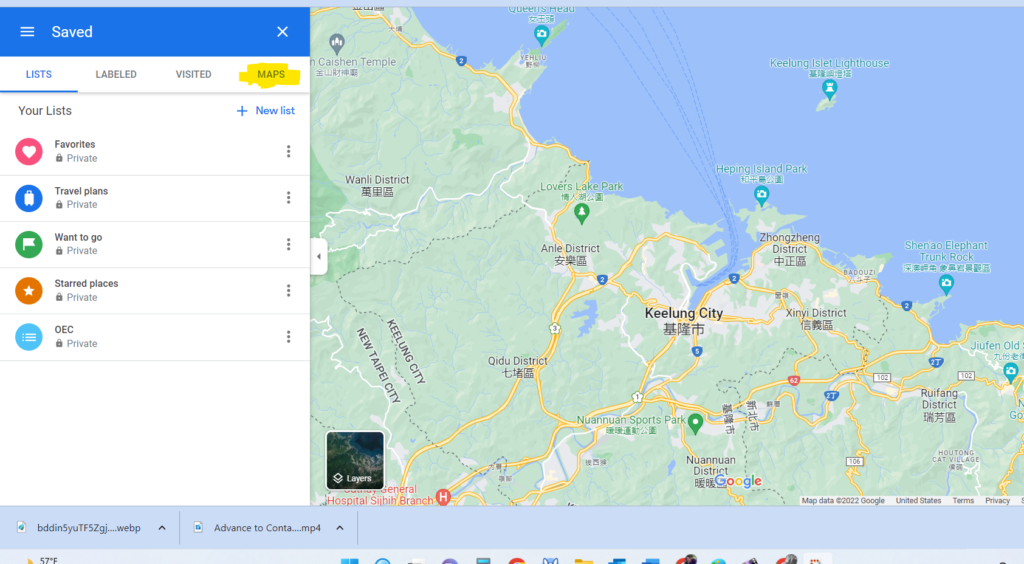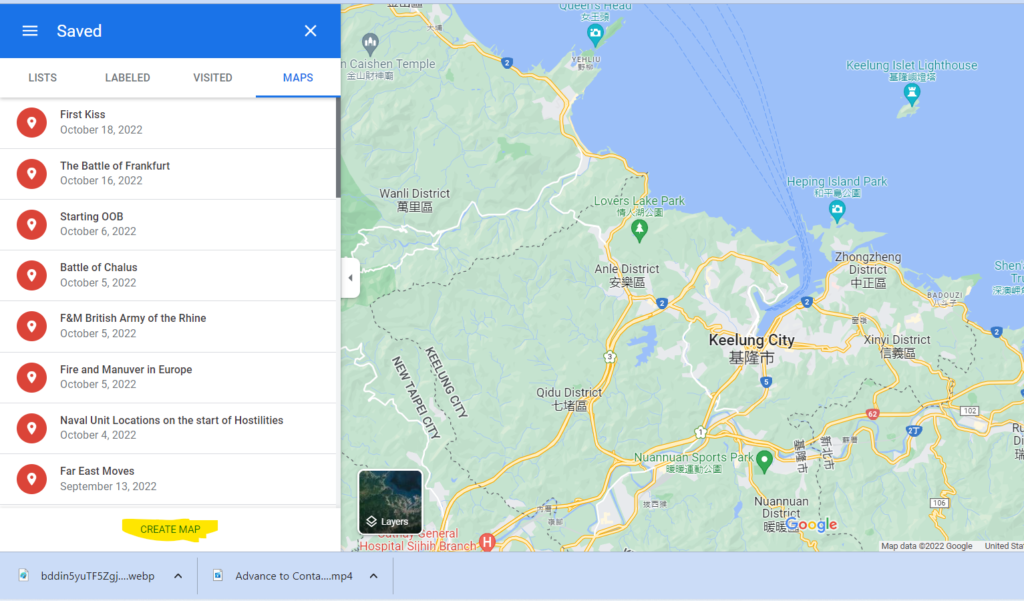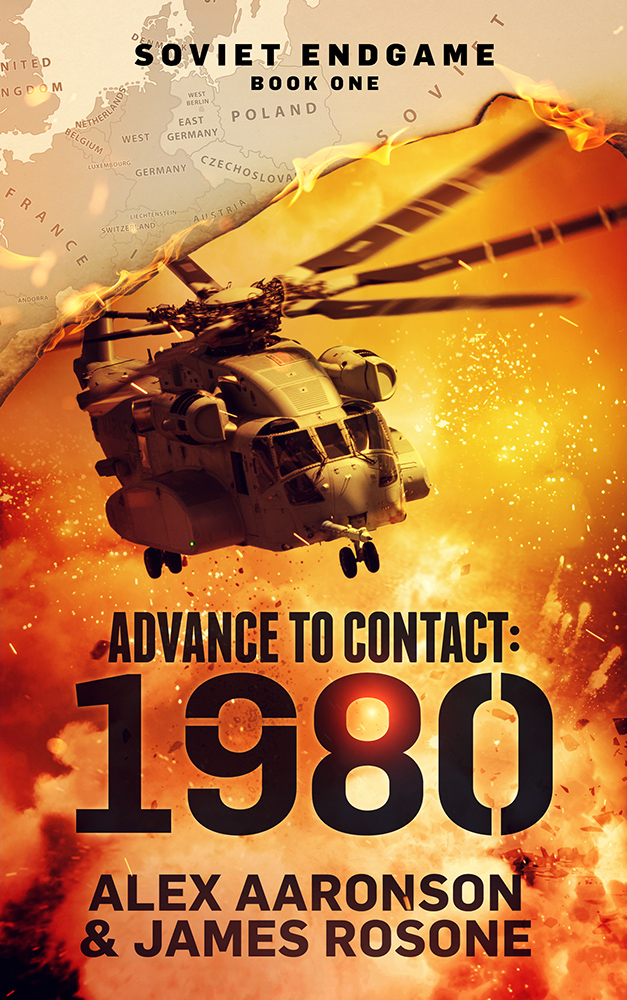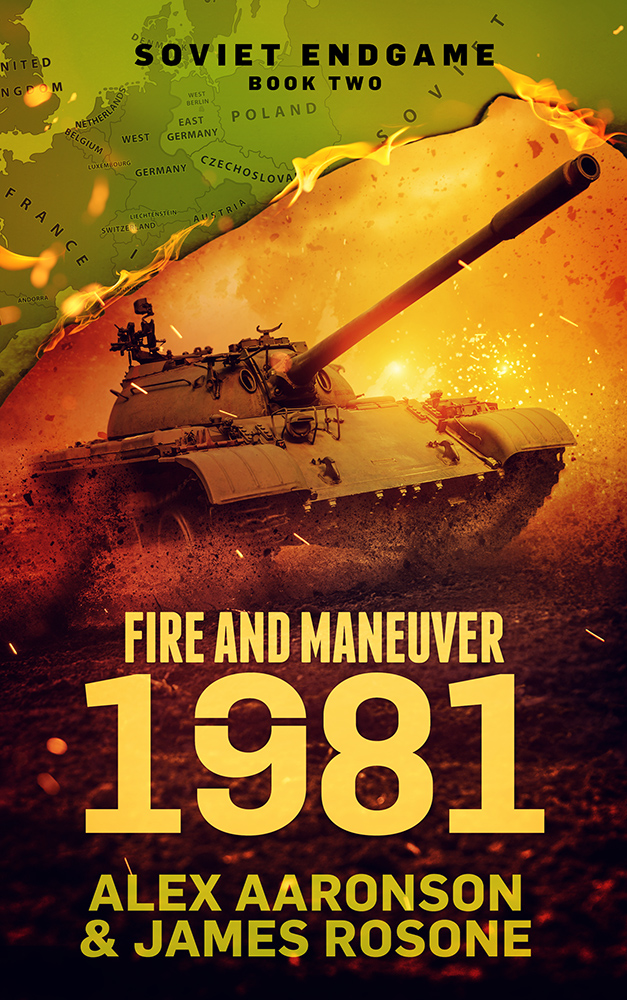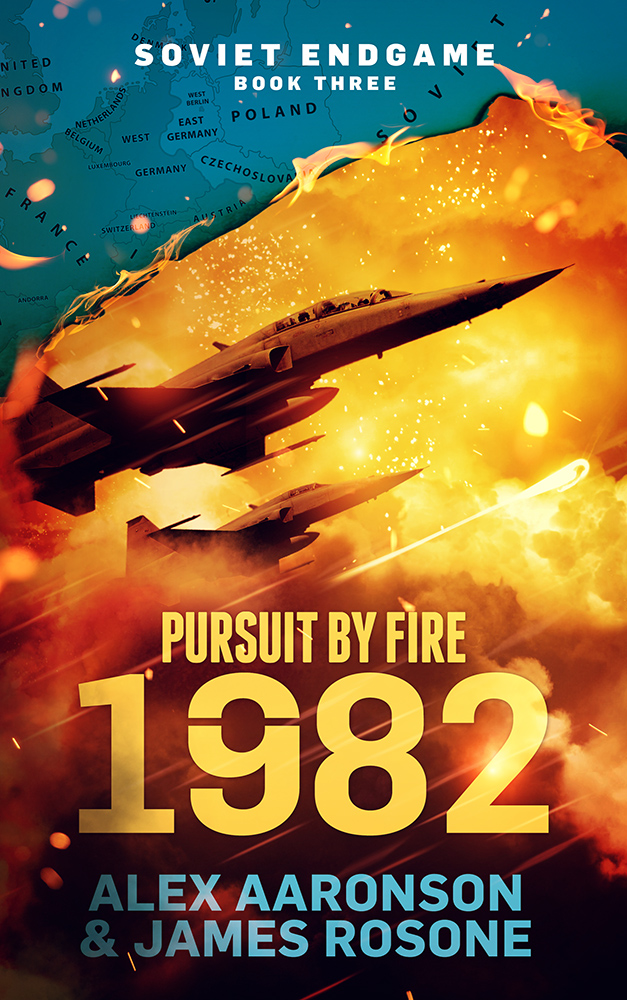May 30th, 2028.
Makhachkala, Russia
Captain Pasha Glazkov let the sea breeze blow over his face. He breathed in and savored the salty air. His shoulder ached, so he set his duffle bag down next to him. He hadn’t been home in over four years. Yet it wasn’t until this moment that he realized how much he missed the place. He’d shocked his friends and family when he ran off to join the Russian Army. Now he was going to shock them again with his return.
I should have called ahead to let them know, he thought as he rubbed his shoulder and hefted his bag. He made his way down the empty, sleepy street to the modest two-story house on the beach that he’d grown up in. How many hours had he played in these streets growing up? How many of his old mates would still be around? He had no idea, but then again he had plenty of time to get the answers to all of his questions.
He caught movement in the second floor window. He watched as his mother walked past and took a double-take. She looked at him, quizzically, from the distance and with his uniform on, he imagined that she wasn’t sure it was him. She opened the window.
“Mama! Mamochka, eto Pasha!” he shouted to her. Her face showed her absolute elation.
“Pasha! Bozhe moi!” she withdrew from the window and within seconds she burst out of the back door and ran to greet him. She threw her arms around him and squeezed him tightly.
“What the hell is going on our here?” asked Pasha’s father, Makar. “What’s all this-” he stopped short. “Pavel?”
“Yes, father, I’m home from the war.”
“You could have at least told us that you were coming,” chided Makar.
“And ruin the surprise?” asked Pasha, smiling. Makar smiled and stuck out his hand. Pasha took it, and gripped his father’s hand tightly, as though trying to convey all of the emotion of his mother’s hug in the simple handshake.
“It’s good to have you home, son. Come, let’s get you settled.” Pasha followed his parents into the house. His room was just as he’d left it, years ago. His mother hadn’t the heart to make any changes, and his father hadn’t the need. Walking into the room filled him with even more memories. He set down his bag, and soaked in the moment.
“Pasha,” said his mother, Nadezhda, “I’m going to the market. We weren’t expecting a guest, and I don’t have anything to feed you.”
“Don’t make a fuss Mama,” replied Pasha.
“She’s not making a fuss,” said Makar, “she’s just happy to have an excuse to make a Kulebyaka to celebrate your return.”
“Oh, no. That’s too much Mama,” protested Pasha, but in his mind he could taste the sturgeon filled pastry and his mouth watered.
“Nonsense,” she said, waving away his concern. As his mother left his father invited him to sit in the modest living room on the ground floor.
“How long will you be staying in town?” asked Makar.
“I’m home for good Father. I have been discharged from military service and I’m free to pursue whatever life has to offer.”
“Nothing more specific than that?” he asked.
“To be honest Father, ever since the first time those Chinese bastards first took a shot at me, I’ve wanted nothing more than to come home, and live by the sea where I grew up. I never made any specific plans, for fear that those plans would fail, and I’d end up back in the army.”
“So instead of planning to ensure success, you’ve… What? Tried to ensure a failure?”
“Not at all,” said Pasha, “I just don’t have a set definition of success. I saw a lot of construction on the way in. I bet those crews could always use a strong back. And I know the fishing fleet is always looking for help.”
“Have you thought about working at the University?”
“Unless I’m going to sweep the halls, I think I need to go back to school before I could find meaningful work at the University.”
“That’s always an option,” said Makar. “I’m sure you have some “Road to Home” benefits that you could use.” In this, he was referring to free tuition that some veterans could take advantage of.
“That is an option,” agreed Pasha, “as I said, I haven’t made any plans other than to breath the sea air and not get shot at by Chinese.” He knew that the idea of being a laborer didn’t sit well with his University Professor father.
“So, how are you?” asked Makar. “They say war changes a man.”
“I’m…” Pasha hesitated, “I think I’m okay. I’ve seen things and I’ve done things that will be with me for the rest of my life. Some of them grand, some terrible. Do you know what I liked the most?”
“Um…” the question caught Makar off guard.
“Baikal in the spring. It’s absolutely stunning. The mountain breeze is so crisp. It’s so different than the wind coming off the Caspian.”
“I think you’re dodging the subject,” said Makar. “I know you never got to know your uncle Artem-”
“I know where you’re going with this. I know the story.”
“And you know how it ended,” continued Makar. “My brother was never the same after Afghanistan. He brought home ghosts from that war. They haunted him until the day he died.” His eyes misted a bit as he continued. “He thought he could kill them with vodka and whisky, but all he did was make his life and the lives of his family miserable before to booze killed him.”
“I understand Dad, and I appreciate the warning.”
“I loved Artem, and I love you. I could do nothing for him, but I won’t let the same thing happen to my only son.”
“I love tou too, Dad. I don’t know how everything is going to work out, but I promise that I will be careful.”
“I suppose that’s all I can ask for,” said Makar.
Pasha went for a walk on the beach as his mother returned from the market and prepared the Kulebyaka. The family celebrated the return of their son, and the future was as bright as the blue skies over Lake Baikal in the Spring.
